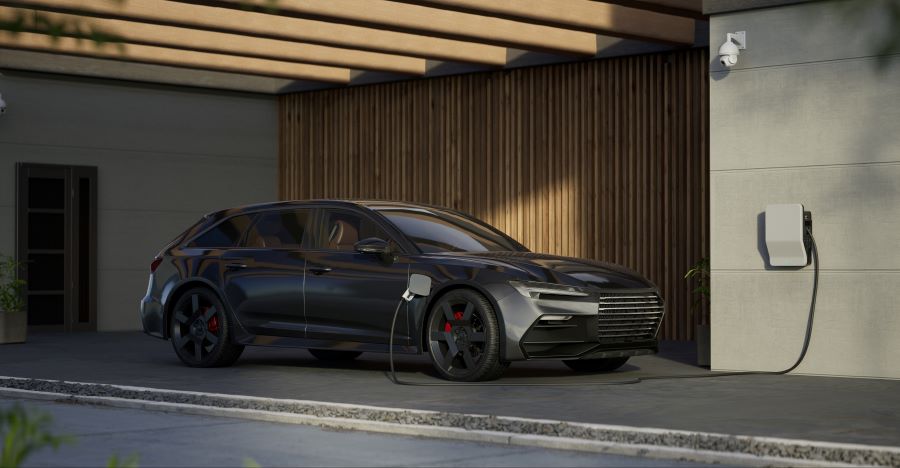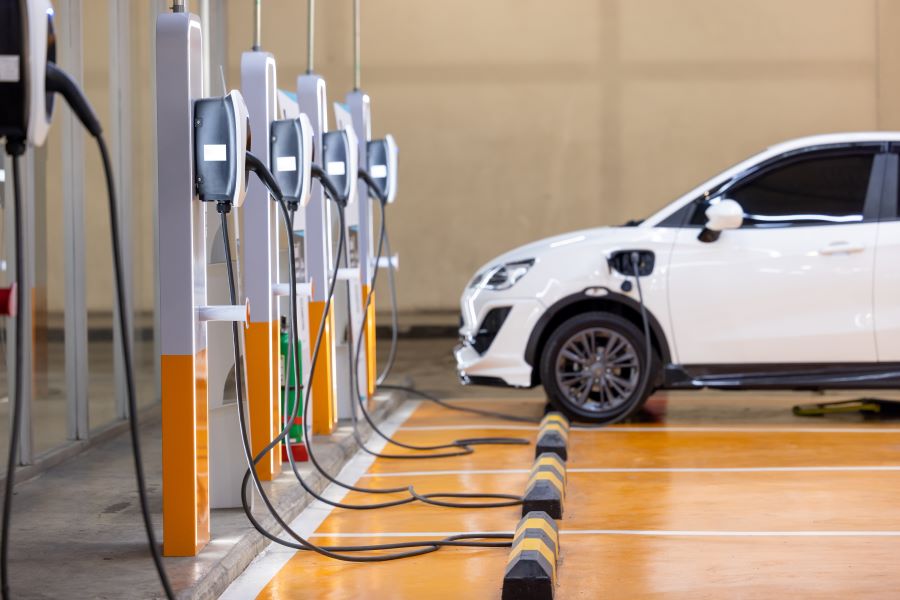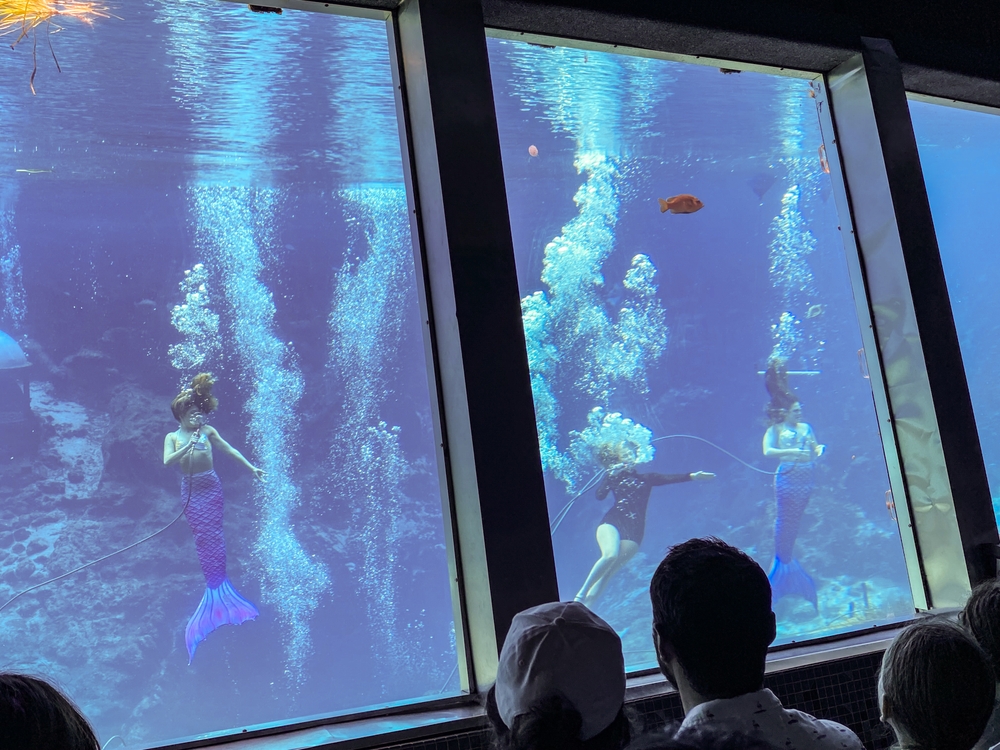Collapsible Vehicle Protection Systems for Residential Use
Protecting your vehicle from the elements doesn't always require a permanent structure. Collapsible vehicle protection systems offer homeowners a flexible, space-saving alternative to traditional garages. These portable shelters provide weather protection, UV resistance, and security while maintaining the convenience of easy setup and storage. Whether you're dealing with limited space, rental property restrictions, or simply need temporary coverage, understanding the features and benefits of these systems can help you make an informed decision for your vehicle protection needs.

Homeowners across the United States increasingly turn to portable vehicle protection solutions as practical alternatives to permanent garage construction. These collapsible systems combine weather resistance with flexibility, making them ideal for various residential situations from suburban driveways to rural properties.
These protection systems typically consist of durable frames made from steel or aluminum, covered with weather-resistant fabric materials. The collapsible design allows for quick assembly and disassembly, with most units requiring 30 minutes to two hours for initial setup. Modern designs incorporate reinforced joints, rust-resistant coatings, and UV-protected covers that withstand years of outdoor exposure. The portability factor proves particularly valuable for renters, seasonal property owners, or anyone requiring temporary vehicle protection without permanent structural modifications.
What Materials and Construction Features Matter Most?
The durability of collapsible vehicle shelters depends heavily on frame construction and cover material quality. Steel frames offer superior strength and wind resistance, typically supporting snow loads between 20 to 35 pounds per square foot. Aluminum frames provide lighter weight and natural corrosion resistance, though they may require additional bracing in high-wind areas. Frame thickness generally ranges from 1.5 to 2 inches in diameter for standard residential models.
Cover materials vary significantly in quality and longevity. Polyethylene covers represent the most common option, offering water resistance and UV protection at affordable price points. Premium models feature triple-layer ripstop polyethylene or PVC-coated polyester, which resist tearing and provide enhanced weather protection. Quality covers include heat-sealed seams, reinforced stress points, and fade-resistant treatments that extend functional lifespan to five years or more under normal conditions.
How Do Size Options Accommodate Different Vehicles?
Collapsible protection systems come in multiple size configurations to accommodate various vehicle types. Compact models measuring 10x20 feet suit single sedans or compact SUVs, providing adequate clearance for door opening and basic movement around the vehicle. Mid-size options at 12x20 or 12x24 feet accommodate full-size trucks, vans, or provide workspace alongside smaller vehicles. Large configurations reaching 20x20 feet or greater can shelter multiple vehicles, recreational vehicles, or boats.
Height considerations prove equally important, with standard models offering 8 to 9 feet of clearance suitable for most passenger vehicles. Taller units providing 10 to 12 feet accommodate lifted trucks, vans with roof racks, or small RVs. When selecting size, account for at least two feet of clearance on all sides to ensure comfortable access and adequate ventilation that prevents moisture accumulation.
What Installation Requirements Should Homeowners Consider?
Successful installation begins with proper site preparation. The foundation surface should be level, well-drained, and free from sharp objects that might damage the cover. Concrete, asphalt, gravel, or compacted soil all work as suitable bases, though concrete provides the most stable long-term foundation. Uneven ground can stress frame joints and create water pooling issues that reduce cover lifespan.
Anchoring systems vary based on foundation type and local weather conditions. Concrete anchors using expansion bolts provide maximum stability for permanent installations. Auger-style ground anchors work well for soil installations, screwing 24 to 36 inches deep to resist wind uplift. Some systems include weighted foot plates or sandbag options for temporary setups or surfaces where drilling isn’t permitted. Areas experiencing high winds or heavy snow require additional anchoring points beyond standard configurations.
What Weather Protection Benefits Do These Systems Provide?
Collapsible vehicle shelters deliver multiple weather protection advantages throughout the year. UV radiation causes significant paint fading and interior damage over time, with unprotected vehicles losing considerable resale value. Quality shelter covers block 95 to 99 percent of harmful UV rays, preserving paint finish and preventing dashboard cracking. This protection proves especially valuable in southern states where intense sunlight accelerates vehicle deterioration.
Winter weather protection includes shielding vehicles from snow accumulation, ice formation, and freezing rain. Covered vehicles require less time for warming and defrosting, while avoiding the daily scraping routine that can scratch paint and damage wiper blades. Rain protection prevents water spots, reduces rust formation in vulnerable areas, and keeps interiors dry. The shelter environment also moderates temperature extremes, reducing stress on batteries, fluids, and rubber components.
How Do Costs Compare Across Different Provider Options?
Pricing for collapsible vehicle protection systems varies considerably based on size, materials, and features. Understanding the cost landscape helps homeowners budget appropriately and identify the best value for their specific needs.
| Product Type | Provider | Cost Estimation |
|---|---|---|
| Basic 10x20 Polyethylene Shelter | ShelterLogic | $300 - $500 |
| Mid-Range 12x20 Steel Frame | Carport Empire | $600 - $900 |
| Heavy-Duty 12x24 Reinforced | Rhino Shelter | $900 - $1,400 |
| Premium 20x20 Commercial Grade | King Canopy | $1,200 - $2,000 |
| Extra-Large 20x30 Multi-Vehicle | VersaTube | $2,000 - $3,500 |
Prices, rates, or cost estimates mentioned in this article are based on the latest available information but may change over time. Independent research is advised before making financial decisions.
Entry-level models suitable for temporary or seasonal use start around $300 to $500 for basic 10x20 configurations. These typically feature lighter-gauge steel frames and single-layer polyethylene covers with two to three year expected lifespans. Mid-range options between $600 and $1,400 offer heavier frames, multi-layer covers, and improved wind ratings suitable for year-round residential use. Premium systems exceeding $1,500 incorporate commercial-grade materials, extended warranties, and engineering for harsh weather conditions. Installation costs remain minimal for DIY assembly, though professional installation services add $200 to $500 depending on size and site preparation requirements.
What Maintenance Practices Extend System Longevity?
Regular maintenance significantly extends the functional lifespan of collapsible vehicle protection systems. Cover cleaning should occur every three to six months using mild soap, water, and soft brushes to remove dirt, pollen, and organic debris. Avoid pressure washers or harsh chemicals that degrade fabric coatings and waterproofing treatments. Allow covers to dry completely before securing to prevent mildew growth.
Frame inspection should include checking connection points, tightening bolts, and examining for rust or corrosion. Apply rust-inhibiting spray to steel frames annually, focusing on joints and ground-contact areas. During heavy snow events, remove accumulation exceeding the rated load capacity to prevent frame damage. Before severe weather, verify all anchoring systems remain secure and add supplementary tie-downs if necessary. Proper seasonal maintenance and prompt repairs of minor damage prevent costly replacements and ensure reliable long-term performance.
Collapsible vehicle protection systems provide practical, cost-effective solutions for residential vehicle storage needs. By understanding material quality, size requirements, installation considerations, and maintenance practices, homeowners can select and maintain systems that deliver years of reliable weather protection without the expense and permanence of traditional garage construction.




